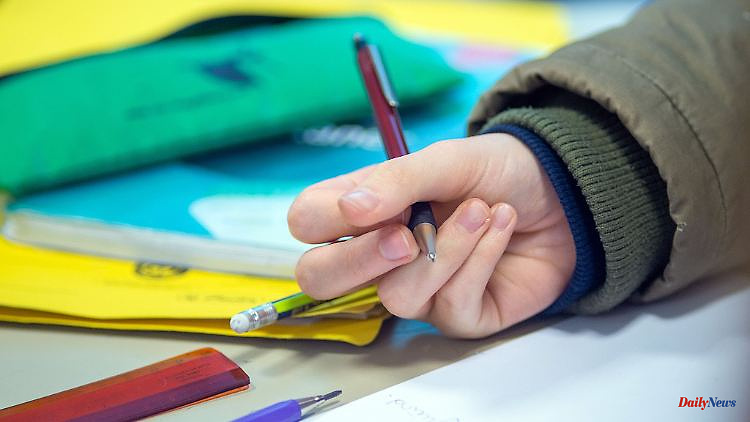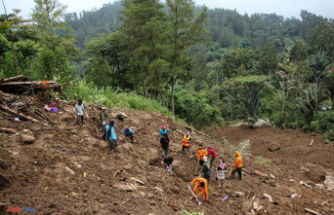The Hattie study has been a central project in international educational research for more than a decade. The study has now been updated - and shows: Because of Corona, a lot is in trouble in education.
Augsburg (dpa/lby) - According to the professor for school education at the University of Augsburg, the school closures during the pandemic led to a significant drop in learning performance. "The measures to contain the corona pandemic have been taken by all learners," said Professor Klaus Zierer, based on the latest results of the renowned Hattie study.
Children from disadvantaged homes in particular have lost up to a school year. Especially when it comes to reading, writing and arithmetic, the performance level of children and young people has declined - in many places the proportion of learners with only rudimentary knowledge has increased.
Zierer has been collaborating with New Zealand educational researcher John Hattie for years. Hattie attracted worldwide attention more than a decade ago with his study "Visible Learning". Since then, this study has often been used for new pedagogical approaches and updated by Hattie and Zierer by evaluating further studies.
For the most recent study, more than 2100 meta-analyses from all over the world - i.e. studies that summarize other studies - have been evaluated, explained Zierer. This means that around 190,000 individual studies, which draw on the learning performance of 400 million schoolchildren, have now been included in the current study.
The school educator does not consider more at Pisa to be expedient. "Not least the Pisa reforms have maneuvered us into the current situation," said Zierer. It does not need more tests and evaluations, but more education. The Program for International Student Assessment (PISA) attracts hundreds of thousands of 15-year-olds from around the world every three years. The aim is to find out what the skills of the randomly selected pupils are in the areas of mathematics, reading and natural sciences towards the end of their compulsory schooling.
According to Zierer, children and young people only learn too many skills superficially or will never need them later. Comprehensive curriculum reform is needed. Subjects such as music, art and sport should be strengthened and German and mathematics cleared out - at the same time digitization is not the measure of all things. The professor emphasized: "It is and remains the responsibility of the older generation to provide the best education for the younger generation."












